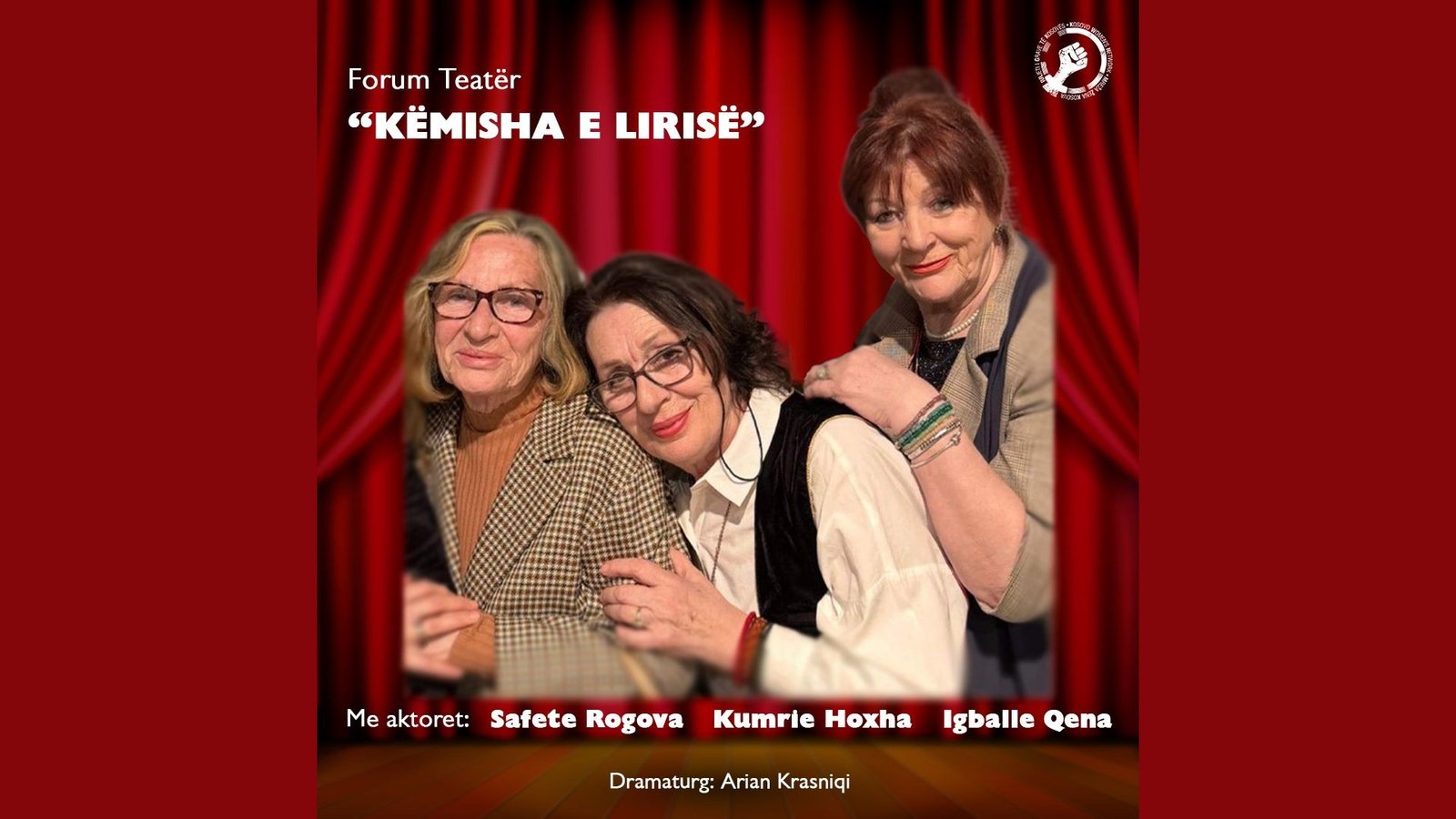On 16 February 2011, in Hotel Prishtina, the National Democratic Institute (NDI) organized a “Women and Politics” roundtable with visiting Albanian women leaders. The aim of the Albanian delegation comprised of 23 women from political parties, women’s forums, civil society and media, was to exchange experiences in politics, challenges faced during campaigns and new strategies for successful advocacy; establish new contacts; and expand women’s networking regionally.
Participants share lessons learnt with women involved in political organizations, including the importance of addressing political differences in order to focus in issues of similar interest; the need for a common, powerful voice in political debates; and ways for overcoming political pressure from party leaders, etc. The panelists from Kosovo, Flora Brovina, Member of the Parliament of Kosovo, and Igballe Rogova from the Kosovo Women’s Network (KWN) recommended empowering women’s voices, furthering democratization within political parties, strengthening discussions on women’s position in politics and other issues.
Panelists from Albania included Mirela Roshi from the Socialist Party, Irini Shehu from the Democratic Party and Edlira Çepani from AS@N NGO. They mentioned similar topics, as well as the insufficient promotion of women in media, as a key factor contributing to the limited number of elected women in parliament. There were also discussions among other participant women.
Participants expressed their willingness to meet again in Kosovo or Albania. Through networking and information-sharing, they believed common challenges could be overcome. At the end of the meeting, NDI-Albania thanked KWN for their contribution in 2008 towards encouraging a network among women in politics and civil society in Albania.



